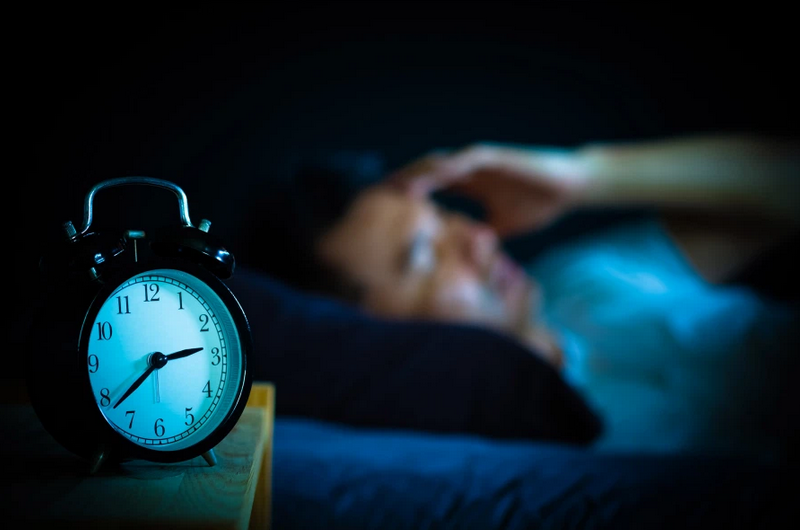
Insomnia is a particularly nasty disorder that affects so many people. While it is not life-threatening, it can greatly affect the quality of life. It can lead to fatigue, stress, and even depression. In this article, we will highlight all you need to know about insomnia and foods that can help you fight it.
What is Insomnia
Insomnia is a sleep disorder in which you have trouble falling and/or staying asleep. The condition can be short-term (acute) or can last a long time (chronic). It may also come and go. Acute insomnia lasts from 1 night to a few weeks. Insomnia is chronic when it happens at least 3 nights a week for 3 months or more.
Types of Insomnia
There are two types of insomnia: primary and secondary.
- Primary insomnia: This means your sleep problems aren’t linked to any other health condition or problem.
- Secondary insomnia: This means you have trouble sleeping because of a health condition (like asthma, depression, arthritis, cancer, or heartburn); pain; medication; or substance use (like alcohol).
Foods That Can Help You Fight Insomnia
There are several foods that can cause insomnia – such as caffeine, fat, and sugar. However, there are certain foods that can fight insomnia and help you sleep better. A change in diet is a possible way to get better sleep and can be the first step in ending chronic insomnia. Here are 5 of the best foods that can improve the quality of your sleep.
Cherries
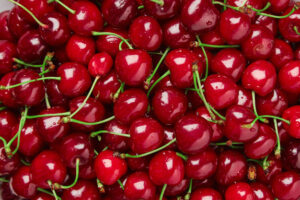
This delicious fruit and its products have been linked to improved sleep. This is because cherries have melatonin, which is responsible for the regulation of the body’s internal clock and sleep-wake cycle. Various studies have shown that subjects who drank cherry juice have elevated melatonin levels and slept better. You can drink the juice or eat cherries as a snack regularly and see if it helps.
Almonds
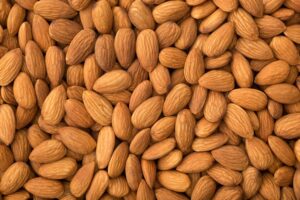
Almonds are excellent in aiding sleep mainly because they contain magnesium, which is a natural muscle relaxant and contains anti-stress properties. Research has proven that magnesium supplementation can improve subjective measures of insomnia, such as ISI score, sleep efficiency, sleep time and sleep onset latency, especially in elderly people. Add almonds to your morning cereal, swap your regular milk for almond milk, and snack on a handful of almonds if you get hungry during the day.
Read also 5 Famous Nigerian Musicians That Have Been Accused of Rape
Oatmeal
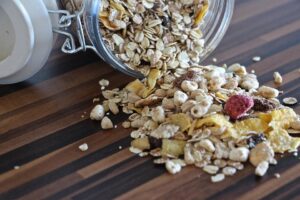
Oatmeal also contains high levels of magnesium, along with potassium, making it ideal for people with insomnia. Although it is a breakfast food, it also contains carbohydrates and fibre, making it suitable for dinner or supper. Oatmeal is also a great comfort food- it is warm, soft and nourishing and usually eaten with milk. You can also add fruits and nuts to your oatmeal and there are several savoury recipes for oatmeal as well.
Bananas
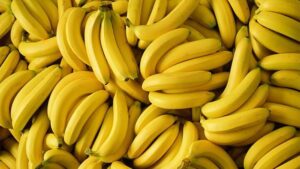
Although bananas are seen as a health food that boosts energy, it is high in potassium, magnesium, and tryptophan and so will help you sleep better. Tryptophan is especially effective in this regard since it is the precursor to the two neurotransmitters, serotonin, and melatonin, which control sleep. You can add bananas to your morning (or evening) oatmeal to maximise the effect.
Valerian
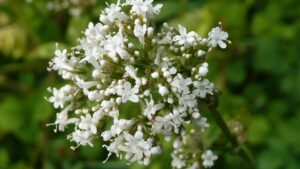
The root of this plant has been used as a herbal supplement for centuries and has been used to treat insomnia and anxiety. It is mainly consumed as a tea although some people also take it in tablet form. It is also available in liquid or tincture form, with different concentrations. It is very effective in the clinical management of insomnia which has been proven by a number of medical studies. It is best if you take it an hour before bedtime, although you can also take it during the day to treat anxiety. You should also take the valerian for a couple of weeks to see proper results.





